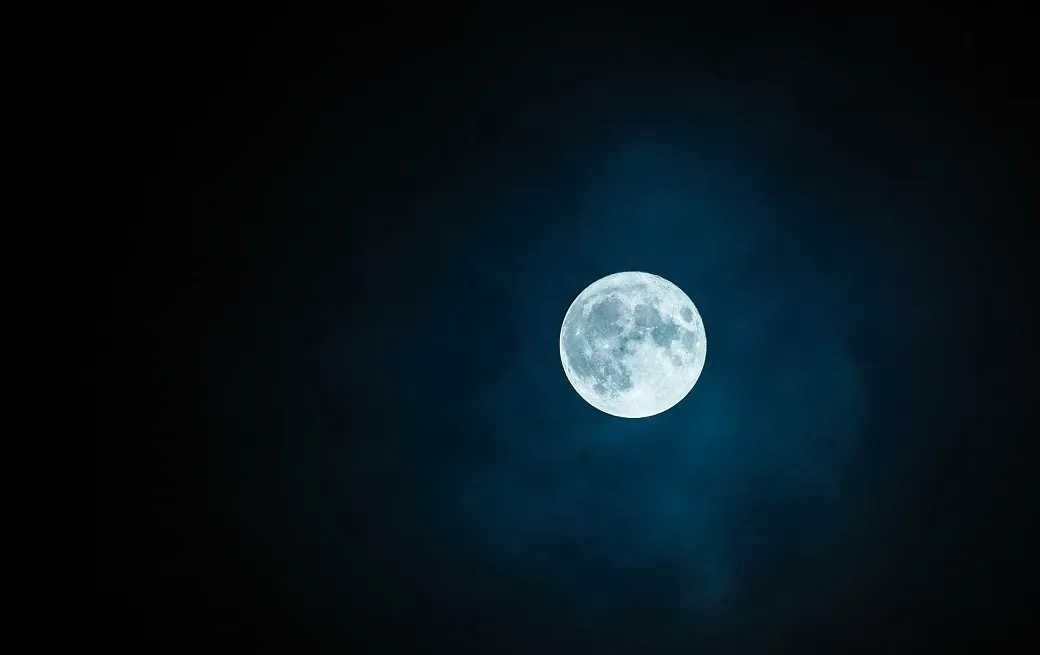NationalEclipse.com | Mar 25, 2016 | National Eclipse Blog

This year—2016—Easter Sunday falls on March 27, one of those years when it feels like the holiday arrives too early. In 2008, we had the earliest Easter in almost a century when it occurred on March 23, its earliest arrival since 1913. Next year, we'll celebrate Easter much later, on April 16. We celebrate other holidays that change dates each year, like Thanksgiving, but at least Thanksgiving always occurs on the fourth Thursday of November, regardless of the actual date. Easter, on the other hand, seems to jump from day to day in an almost random pattern, falling anywhere from March 22 to April 25. But why does the date of Easter vary so widely from year to year anyway?
Here's why. According to the Bible, Jesus was crucified and resurrected around the time of the Jewish Passover. So, early Christians decided to celebrate Easter each year at that same time. There wasn't really any agreement, though, on exactly which day the holiday should be observed. Some celebrated on the first day of Passover and others celebrated on the Sunday following the first day of Passover. It wasn't until 326 CE that the date of Easter was standardized. Or, more accurately, the formula to determine the date of Easter each year was standardized. A group of bishops known as the Council of Nicaea mandated that Easter would thereafter always fall on the first Sunday after the first full Moon occurring on or after the vernal equinox, the first day of spring. If the full Moon happened to occur on a Sunday, Easter would be celebrated the following Sunday. Christians have been using this date determination method ever since, with the only adjustment being a change in the calendar itself when the Julian calendar gave way to the Gregorian calendar in 1582. For example, if we were still using the Julian calendar, the date of Easter this year would be April 18 instead of March 27. In fact, Eastern Christians still use the Julian calendar, so they celebrate Easter this year on May 1, which is April 18 on the Julian calendar converted to the Gregorian calendar.
So, that's how the date of Easter is determined and why it can vary so widely from year to year. It all depends on how early or how late a full Moon occurs after the vernal equinox. Now that we've got that settled, what does all of this have to do with eclipses and why can't a solar eclipse ever occur on Easter?
It's simple, really. A solar eclipse can only occur during a new Moon, the phase that occurs when the Moon is positioned directly between the Earth and the Sun. Since Easter can never occur any earlier than one day after a full Moon nor any later than seven days after a full Moon, it's impossible for the date of Easter to coincide with a new Moon, which is always separated from a full Moon by about two weeks. And if a new Moon can never occur on Easter, than a solar eclipse can never occur on Easter either.
Incidentally, the fact that a solar eclipse can never occur during a full Moon would also seem to refute the claim by some that an eclipse caused the darkening of the sky that the Bible describes as taking place during the crucifixion of Jesus. The first day of Passover always occurs on the 14th day of the first month of the Jewish calendar. The Jewish calendar is a lunar calendar with the months based on lunar cycles, and the middle of each month corresponds to the appearance of a full Moon. If Jesus was in fact crucified around the time of Passover, the Moon would have been full or nearly full and a new Moon would still have been many days away.